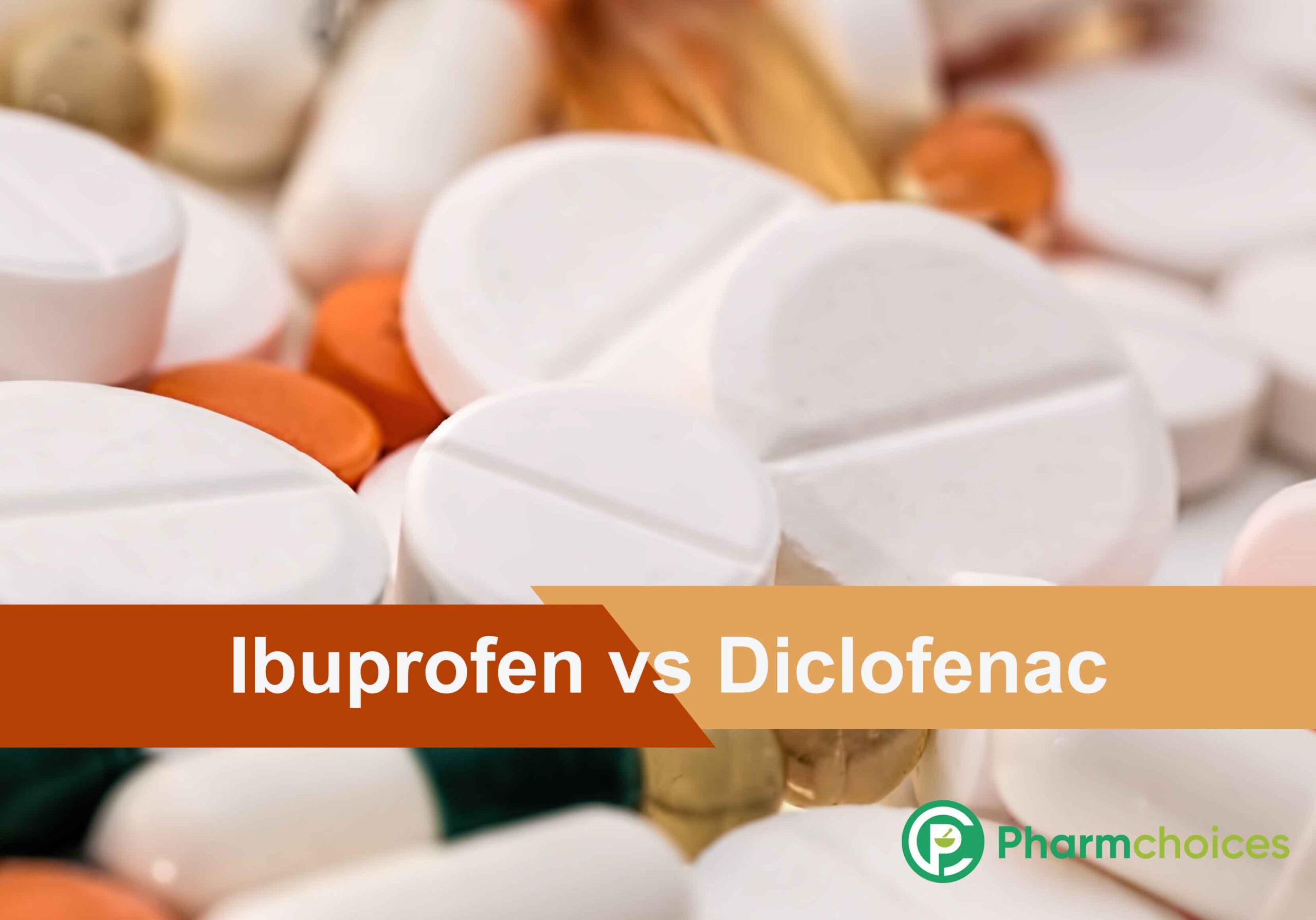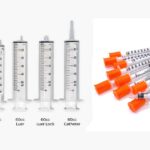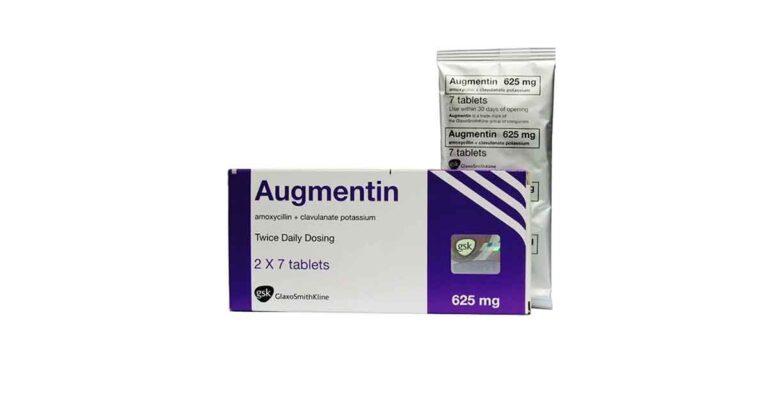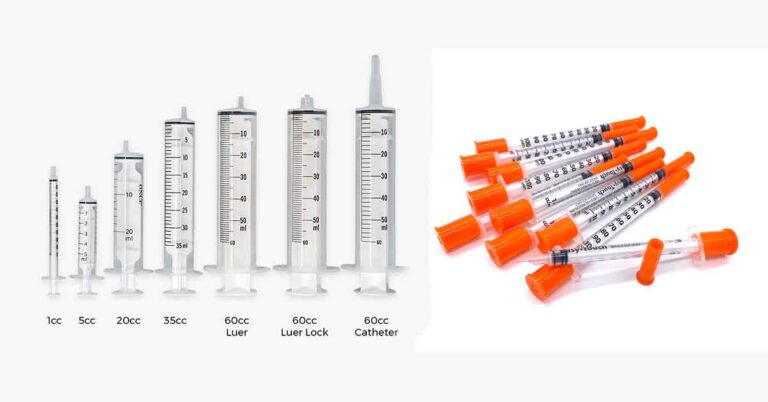Both diclofenac and ibuprofen are nonsteroidal anti-inflammatory drugs (NSAIDs). They work by blocking the action of both cyclooxygenases, COX-1 and COX-2 enzymes blocking prostaglandin production. Prostaglandins are responsible for inflammation and pain.
Diclofenac and ibuprofen are used for pain and inflammatory conditions such as pyrexia, headache, migraine attacks, osteoarthritis, menstrual cramps, etc.
In our previous post, we compared and explained the differences between diclofenac sodium and potassium. Diclofenac is mostly sold with prescription and is more potent than ibuprofen. It mostly comes in 25, 50, and 75 mg tablets. The only form of diclofenac that can be purchased without prescription is the topical gel. The recommended daily dosage of the drug is between 50 – 150 mg.
Ibuprofen can be gotten as an over-the-counter medication(OTC). However, there is a need for a prescription in purchasing higher doses, such as 400 mg, in some countries. It has a recommended maximum daily dosage of 2.4g in some cases.
Differences between diclofenac and ibuprofen
Diclofenac is more effective than ibuprofen in reducing postoperative pain, like during tooth extraction. This is also seen in the treatment of arthritis. Diclofenac was more effective compared to other NSAIDs and causes fewer gastrointestinal disorders.
Ibuprofen is one of the most preferred and safest analgesics and anti-inflammatory agents in a breastfeeding mother. This is because it is secreted in a quantity too small to be harmful to the newborn. Diclofenac should be considered as an alternative only and should be given for a short duration.
Note: Do not take both ibuprofen and diclofenac together. It will cause increased gastrointestinal disturbances and ulceration.











